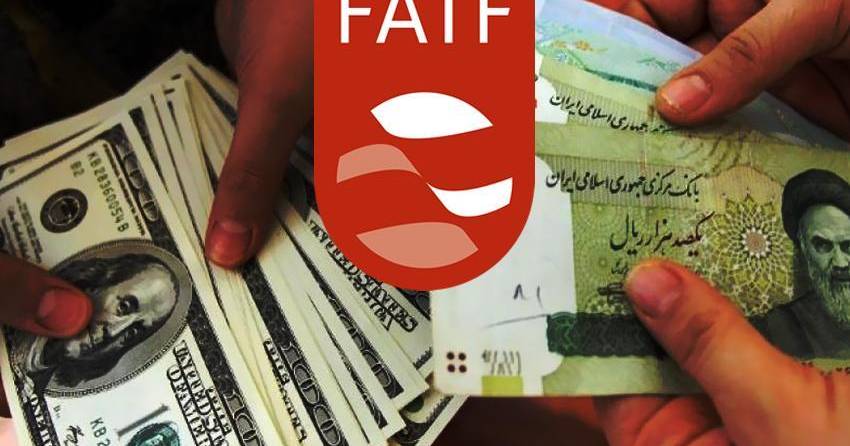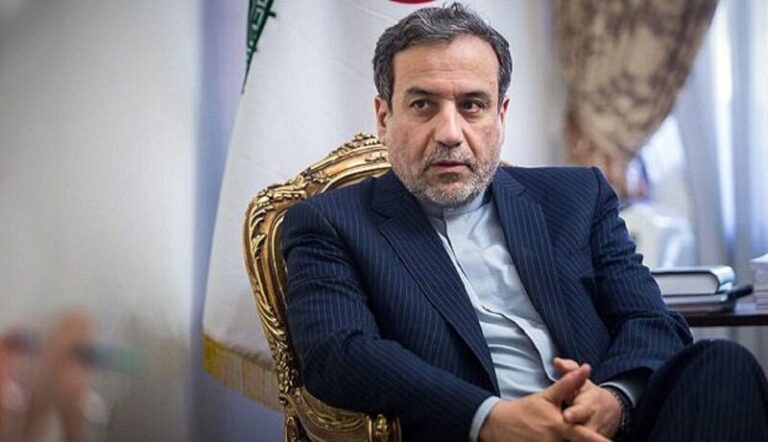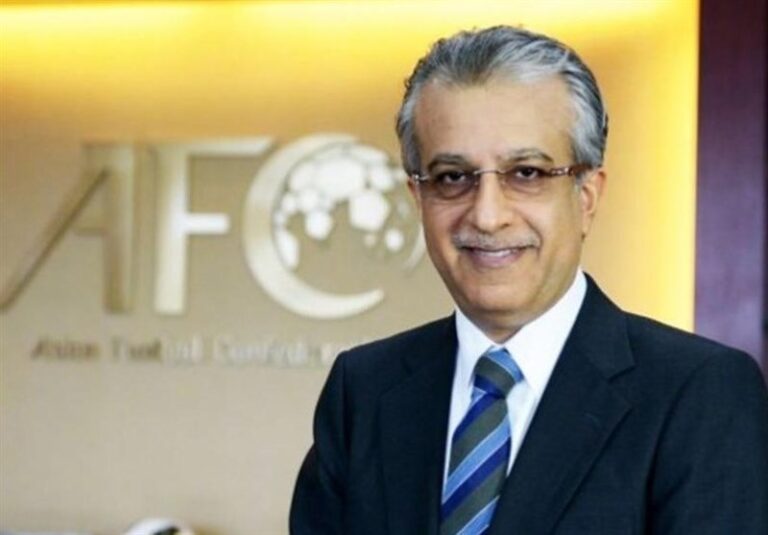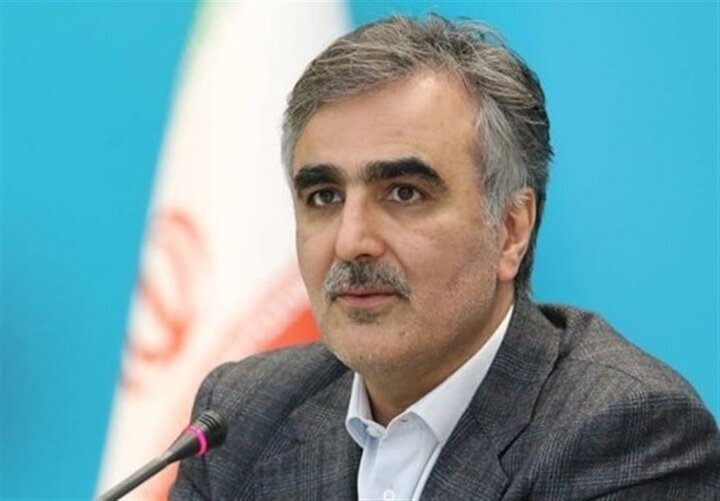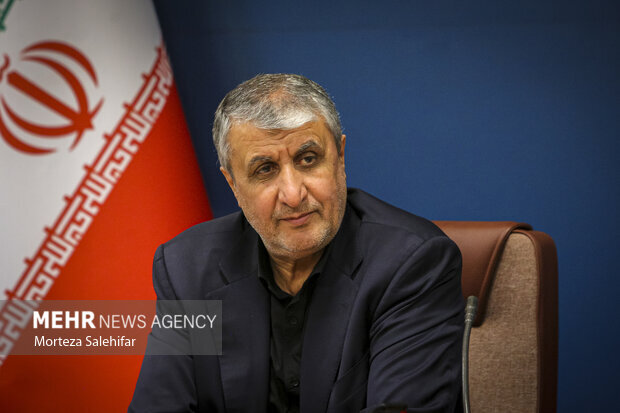Iran’s Path to Financial Freedom: Long-Awaited Law Aims to Break Isolation
Iranian officials and media have expressed optimism regarding a new legislative measure aimed at ensuring compliance with the Financial Action Task Force (FATF). Nevertheless, the process for removing Iran from the FATF black list remains unclear. On Wednesday, the Expediency Council granted final approval to a bill that paves the way for Iran to join the Palermo Convention, formally recognized as the United Nations Convention against Transnational Organized Crime. However, this legislation comes with several conditions that may raise concerns for the FATF.
Officials anticipate that the Expediency Council will review the second bill needed to join the Combating the Financing of Terrorism (CFT) Convention next week. Ratifying these two conventions is viewed as a crucial step in aligning Iran with FATF standards and may facilitate its removal from the global anti-money laundering body’s black list.
This significant breakthrough follows a decision made in December by Supreme Leader Ali Khamenei, allowing the Expediency Council to re-examine both bills after years of political infighting.
Official and Media Reactions
The conditional approval of the Palermo bill has been hailed as an important move toward constructive engagement with the global community. Government spokeswoman Fatemeh Mohajerani expressed her views on X, stating, “The government welcomes the Assembly’s decision and hopes that national interests, economic benefits, and international considerations will guide the review of the CFT (bill) as well.”
Iran’s moderate and reformist media outlets have similarly welcomed this development, highlighting its potential benefits:
- Economic Integration: Donya-ye Eghtesad, an economic daily, noted, “This can facilitate Iran’s return to the international financial system and its effective presence in global markets.”
- Growing Optimism: The media also pointed out that signs of progress in negotiations between Iran and the United States contribute to a more positive outlook for Iran’s economy.
Conditional Ratification and FATF Concerns
Despite the upbeat tone, the conditions tied to Iran’s ratification of the Palermo Convention, along with the reservations outlined in the CFT bill, present significant challenges for the nation’s full compliance with FATF standards. The FATF has explicitly stated that Iran must ratify and implement both the Palermo and CFT conventions “without undue reservations,” warning that broad or vague reservations could undermine the conventions’ effectiveness and create loopholes for financing terrorism.
In a statement to IRNA after the Council’s decision, Deputy Economy Minister Hadi Khani downplayed the significance of the conditions, asserting, “Many countries have set conditions for accepting these two conventions. Our country’s parliament, too, introduced conditions for certain articles of the conventions.” He emphasized that most of these conditions are based on the principle that Iran will implement the conventions within its constitutional framework.
Some FATF members, including the United States, China, and India, have ratified the Palermo Convention while reserving their stance on Article 35(2), which mandates dispute resolution through the International Court of Justice (ICJ). Iran’s Palermo legislation mirrors this approach, dismissing ICJ jurisdiction and asserting that decisions regarding extradition and legal assistance will be made on a case-by-case basis.
Moreover, Iran has stated that any provisions conflicting with its national laws—many stemming from Islamic Sharia—will not be binding. Similar reservations have been accepted by countries like Pakistan and Saudi Arabia.
Additionally, Iran’s legislation clearly asserts that joining the required conventions does not equate to recognizing Israel, a member of the FATF. The CFT bill also includes language affirming the “legitimate and recognized right” of peoples under occupation to resist and pursue self-determination, evidently referencing the Israeli-occupied Palestinian territories.
Concerns Over CFT Bill Reservations
The FATF’s concerns are notably focused on the reservations included in the CFT bill. Iran’s CFT bill does not acknowledge the definitions of terrorism established by other countries or international bodies if they conflict with its national laws and the support for groups it deems legitimate resistance movements.
Remaining on the FATF Black List
Iran was placed on the FATF black list from 2008 to 2016 and faced re-listing in February 2020, a status it continues to hold. Although the approval of the Palermo Convention and the CFT Convention bills marks a crucial step, actual removal from the FATF black list will depend on effective implementation rather than mere legal ratification, which could take several years.
As long as Iran remains blacklisted, all countries—including allies such as China and Russia—will be required to apply enhanced due diligence to financial transactions involving Iran. In January, former Central Bank official Asghar Fakhriyeh-Kashani revealed that some Chinese banks had closed Iranian accounts to avoid FATF penalties. Geopolitical analyst Abdolreza Faraji-Rad commented at the time that Iran’s oil trade with China had to navigate around the formal banking system, relying on alternative mechanisms to avoid cash payments.
This ongoing situation underscores the complexities and challenges Iran faces in its efforts to achieve compliance with international standards while navigating its unique legal and political landscape.
